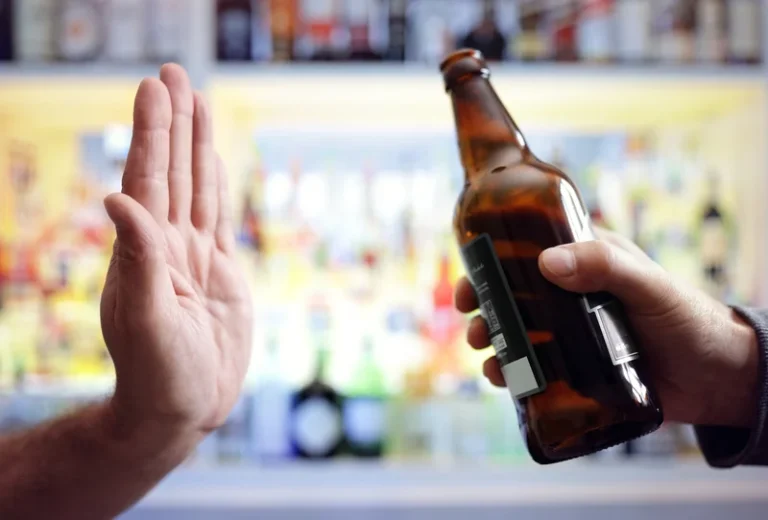
We know that addiction can leave behind a trail of broken trust, frayed relationships, and lost time. We’ve helped thousands of people at UKAT find lasting sobriety and rebuild their lives, and watched their families reconnect, rebuild, and rediscover joy. In simple terms, addiction hijacks the brain’s reward system. The substances involved, whether it’s alcohol, heroin, cocaine, or prescription medications, create intense surges of dopamine, rewiring the brain to crave more, no matter the cost.
You cannot control or “fix” another person, so stop trying!
If you both are in a relationship and you would like to continue, get advice on different addiction treatment options for your loved one as early as you can to be safe. The recovery process may take time but they need that intervention. People struggling with addiction may also have mental health disorders that contribute to substance abuse.
Encourage Treatment, but Know You Can’t Force Recovery
You see it’s started to take its toll on me each time he goes AWOL. There’s no longer the anguish and turning up at his to find he’s disappeared for days. Before Christmas, I too phoned hospitals and felt helpless as to who to reach out to. His family don’t know and I won’t tell my friends; they would be appalled that I’m mixed up with this. Something I’ve heard from a couple people who are recovered addicts is that if an addict “really loves you,” they will go to treatment if you just stay consistent with them and don’t give up. I’ve probably latched onto this advice more than I should have as a reason to stay with the addict I’ve been with for about a year now, but I’m curious what other folks think.
- Now, she is not working and I have been enabling her so she’s not on the streets, money for food and totally wearing me down, taking my soul and joy out of my life.
- Each step we take toward support creates a space for healing.
- Loving someone struggling with addiction can stir up overwhelming emotions.
- Together, we can break down the walls of shame and promote healing in a loving environment.
The Struggle for Emotional Connection in Addictive Relationships

Then, one of the only real actions you can take to help an addict is to stage an intervention and arrange for them to go to treatment. Download this comprehensive ebook on rehab treatment and recovery and help your family get your lives back from addiction and poor mental health. Whether you are struggling with addiction, mental health or both, our expert team is here to guide you every step of the way.

We offer a safe, supportive environment for healing and growth. Discover new possibilities in your journey to navigate love and complications in recovery with the section on “Additional Treatment Options and Resources“. Dive into sub-sections loving an addict exploring thriving in a relationship with a recovering addict, the importance of privacy and boundaries, and the various ways to seek help and assistance.
- Mikky Ekko (2012) both explore the theme of co-dependency in relationships affected by addiction.
- If the addiction is causing significant harm or if the partner is unwilling to seek help, it may be necessary to consider leaving.
- Supporting our loved ones means encouraging them to view obstacles as stepping stones.
Intervention can also address underlying conditions and factors that play a part in addiction and determine the appropriate level of care for the treatment plan. Other considerations, such as family recovery coaching, continued support, relapse prevention, and warning signs, are also discussed. This can be exhausting, draining, and terrifying for many people in similar situations; you are not alone. There are mental health risks for both partners, subtle and overt physical scares, and the need to address the substance use disorder head-on. Frustrated by the lack of helpful resources, Meredith decided to create a guide to understanding and surviving the addiction of loved ones, aiming to step out from its shadows.
- Show empathy and avoid criticism, creating a safe space where they feel understood.
- Only when that is done should you continue with the boundary setting that will need to happen at a later time.
- We must believe in the possibility of recovery, not just for our loved ones, but for ourselves as well.
- Distance does not mean abandonment; instead, it signifies a healthy approach to love, which can indeed be quite challenging.
- We know that addiction can leave behind a trail of broken trust, frayed relationships, and lost time.

It’s understandable to want to do everything you can to help someone you love. It’s important to remember that you didn’t cause the addiction. Saying “no” is an important first step toward change — for you, as well https://ecosoberhouse.com/article/alcohol-allergies-symptoms-and-signs/ as for the addict.
- It is essential to establish clear limits and expectations in order to safeguard your well-being and maintain a healthy dynamic in the relationship.
- You likely feel infinitely helpless as you watch someone you care for battle this stubborn opponent.
- While setting boundaries is essential, issuing ultimatums can create unnecessary pressure and defensiveness.
Can a Drug Addict Love You Back?

We support our loved ones best when we help them embrace the present moment. This quote serves as an empowering reminder that we can make progress, no matter how small. When loving an addict, focusing on what we can do is essential. Each step we take toward support creates a space for healing. This quote resonates powerfully in the context of addiction, reminding our loved ones that change is possible at any time.

Constance Lynn Hummel, MA, RCC, CCC Specializing in relationships, sex addiction, and substance addictions
She shows you how to stop doing the things that are not only making your own life miserable, but which are also “enabling” the addict to continue on the path of destruction. “Candace drug addiction treatment Plattor’s work has effected a powerful positive change in my life. It may be helpful to make this decision with input from an addiction specialist or medical professional. But with the right support and a shared commitment to healing, recovery can bring a future that once felt unimaginable. When we start seeing addiction as an illness rather than a character flaw, compassion becomes easier to access—and guilt and blame can begin to fade.